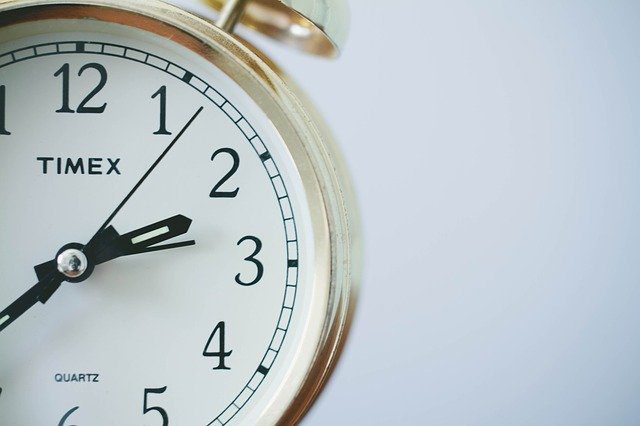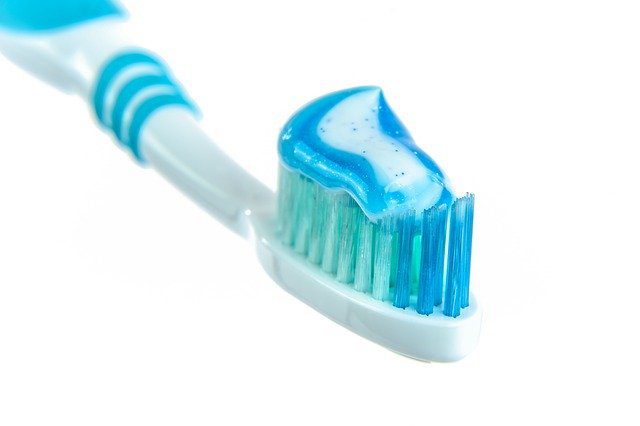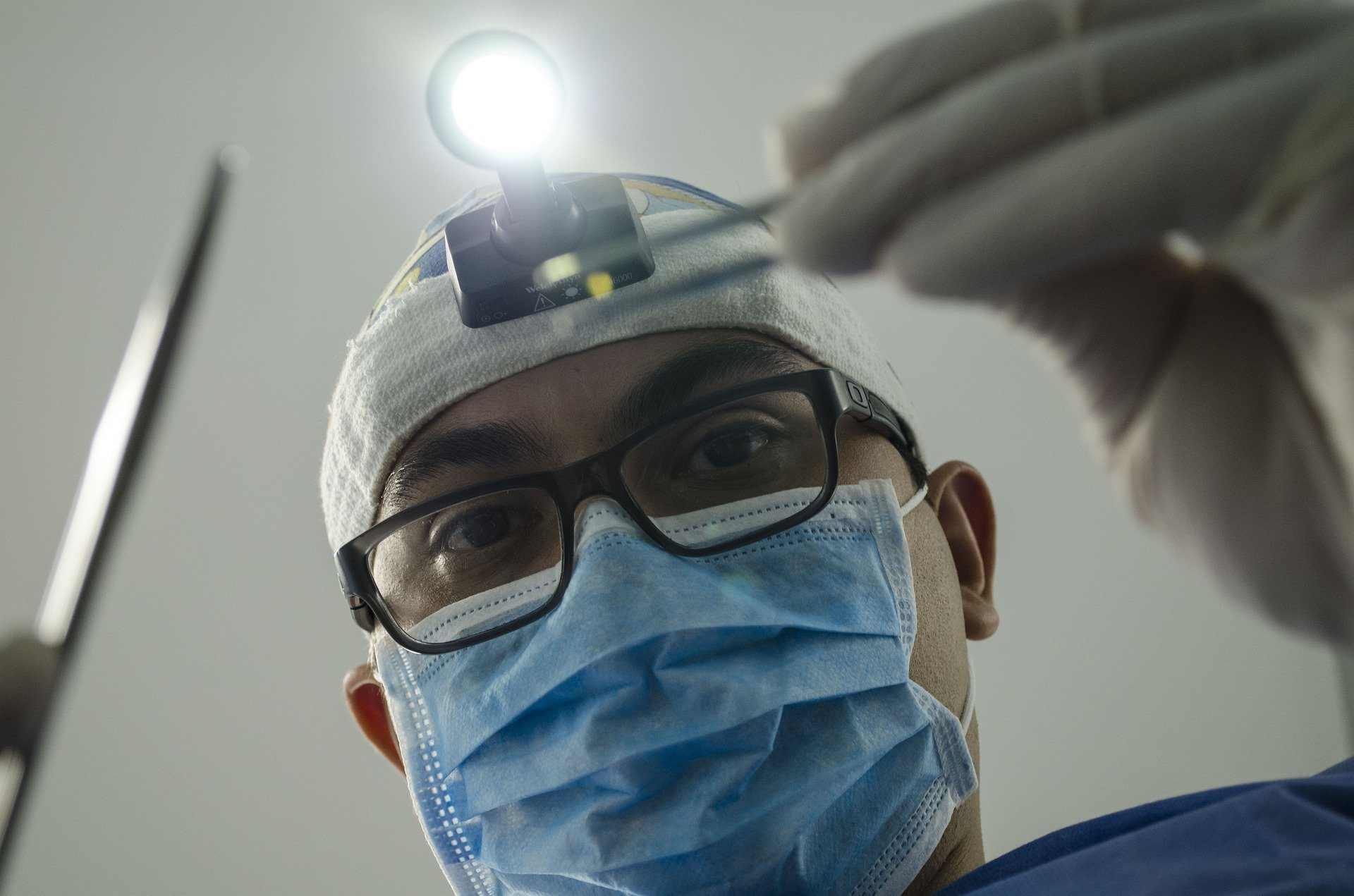If you’re like many other Americans, you might be practicing bad brushing habits and probably aren’t even aware that you’re doing it. While brushing your teeth will help keep your teeth, gums and mouth healthy, this alone isn’t enough to maintain optimal oral hygiene. There are many factors that will affect your oral health and brushing and flossing are great starting points. But if you’re looking for some ways to improve your oral hygiene, then check out some of the most common bad brushing habits below. And be sure to connect with your Reno dentist to see what suggestions they might have to help you improve your oral health!
#1 Keeping your toothbrush for too long
Much like the food we eat, toothbrushes also come with an expiration date. The American Dental Association (ADA) recommends that you change your toothbrush with each new season which means your toothbrush should be discarded after 3 months of use. Because of the germs that accumulate on your toothbrush, it can quickly become a feeding ground for bad bacteria to grow. And after extended use, the bristles of your toothbrush will often bend, fray or break which is very harsh on your teeth and gums. Actually, using an old toothbrush could be causing more harm to your oral health by creating more plaque and causing damage to your gums.
 #2 Not brushing your teeth long enough
#2 Not brushing your teeth long enough
The recommended amount of time you should spend brushing your teeth is 2 minutes. However, the average American brushes for just 45 seconds. That’s LESS than half the recommended amount of time which means many people are missing germs, plaque and food stuck in their teeth. In order to maintain the best oral health, you need to give the fluoride in your toothpaste enough time to fully work so be sure to brush your teeth for 2-3 minutes to be safe. If you’re not really sure how long 2 minutes is, you can set a timer or play a song that’s about 2 minutes long to help keep track of your brushing time.
#3 Brushing too hard
It’s fairly common for people to brush their teeth with an unnecessary amount of force. While it is important to brush with some pressure, too much can be very damaging to your teeth and gums. Plaque is actually a very soft, loose substance which is easier to remove than most may think. Instead, try gently massaging each tooth with your toothbrush in a circular motion, being careful not to push in the bristles too aggressively.
#4 Brushing right after eating
There’s a common misconception that brushing right after you eat is good for your teeth. This is actually not true at all. While it is recommended that you brush your teeth after a meal, brushing too soon after a meal can be counterproductive. Because of the acidic nature of most foods, it’s best to wait at least 30 minutes after a meal to brush your teeth. Brushing immediately after eating will just push those acids into the sensitive parts of your teeth which can cause teeth and enamel erosion. Waiting just 30 minutes will allow enough time for the saliva in your mouth to neutralize and break down the acids from your food before it has a chance to be worked into your teeth.
 #5 Improperly storing your toothbrush
#5 Improperly storing your toothbrush
You typically won’t realize how dirty your toothbrush is because germs and bacteria aren’t visible, but this doesn’t mean they’re not there. Fortunately, storing your toothbrush properly can help keep your toothbrush, and your teeth, clean and free of harmful bacteria. Because mold and bacteria thrive in wet or moist areas it’s critical that you store your toothbrush in a way that lets it dry out properly. If you’re guilty of doing any of the following, then you may want to rethink the way you’ve been storing your toothbrush:
- Keeping your toothbrush laying directly on the sink
- Keeping your toothbrush in a travel container,
- Leaving your toothbrush upside-down in your toothbrush holder
The best way to store your toothbrush is up-right in a toothbrush holder or cup so that the water can drip down the brush allowing the bristles to fully dry. Also be sure to keep your toothbrush away from the toilet and remember to put the toilet lid down before flushing.
#6 Using improper brushing methods
Proper brushing techniques can help improve the overall cleanliness and health of your teeth and gums. Along with brushing for a minimum of 2 minutes, you should also be cautious of how you hold your toothbrush and the motions in which you brush your teeth. Try to keep your brush at a 45 degree angle to the gums and gently move the toothbrush in circular motions across each tooth. Be sure to brush the outer, inner, and chewing surfaces thoroughly and always use a fluoride toothpaste.
#7 Using the wrong toothbrush for you
Everyone has different needs when it comes to their teeth and gums. Some people have really sensitive teeth and others are less gentle when it comes to brushing. Not all toothbrushes are made the same and it’s important that you find the one that works best for you. Typically, it’s not recommended to use hard-bristled toothbrushes because they often cause damage to the teeth and gums. Hard brushes can lead to weaker tooth enamel and a receding gum line. Contrastingly, soft-bristled toothbrushes work just as effectively as hard-bristled toothbrushes, but they’re much more gentle, less abrasive, and cause less damage. And many people opt for using electric toothbrushes over manual ones because they make cleaning easy. Just be sure to look into which kind is best to use as they can be harmful to sensitive gums and teeth as well.
If you’re unsure of which toothbrush is best for you, connect with your Reno dentist!
#8 Neglecting to brush your gums and tongue
Your parents probably hounded you as a kid to brush your teeth, but did you always remember to get your gums and tongue too? Germs and food can get stuck in your gums just as easily as they get trapped in your teeth so it’s extremely important to brush your gums in addition to brushing your teeth. And brushing your tongue is highly important as well. Your tongue can hold onto bacteria for far too long and this often leads to bad breath and possibly infections. In order to avoid things like periodontal disease, gingivitis, and bad breath, be sure to brush your tongue and gums regularly.
Beat Your Bad Brushing Habits with Dr. Kulesa
It’s true that practicing good brushing habits will help you maintain good oral hygiene. However, visiting your Reno dentist regularly is also crucial for optimal oral health. Dr. Kulesa’s friendly and passionate team are dedicated to helping patients develop good brushing habits so they have clean, healthy teeth all the time. Connect with our team to schedule an appointment and get your oral hygiene back on track – your gums and teeth will thank you!
